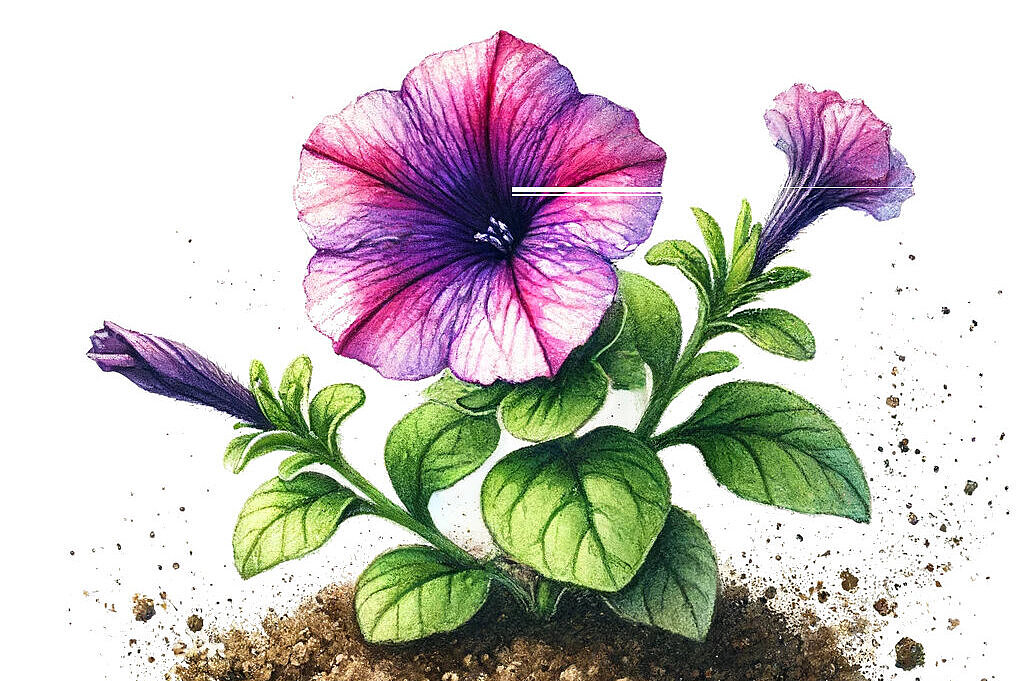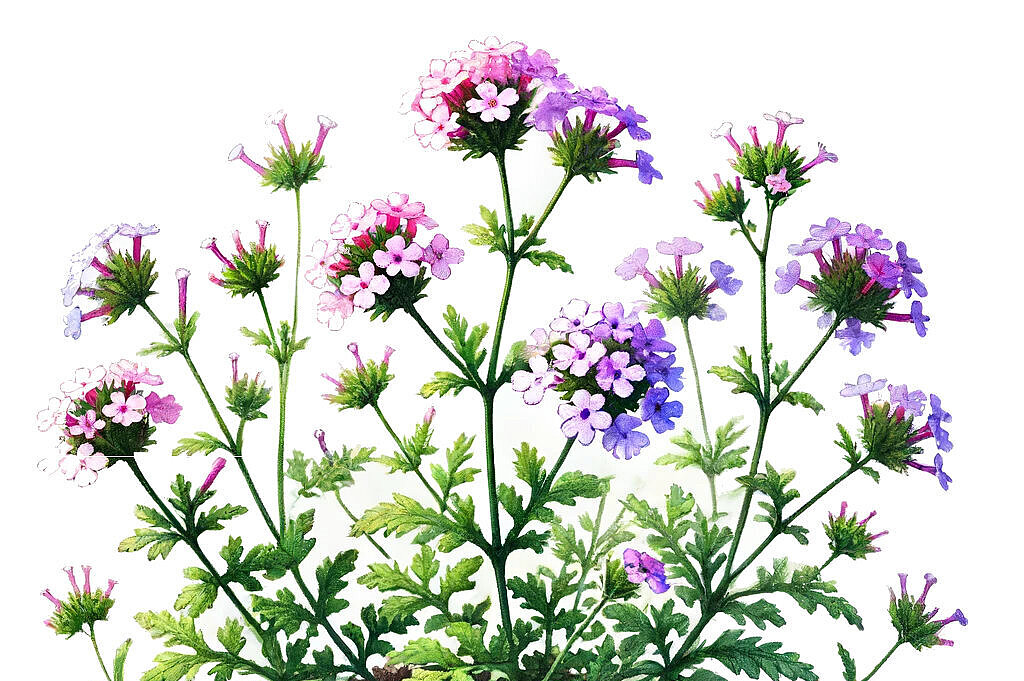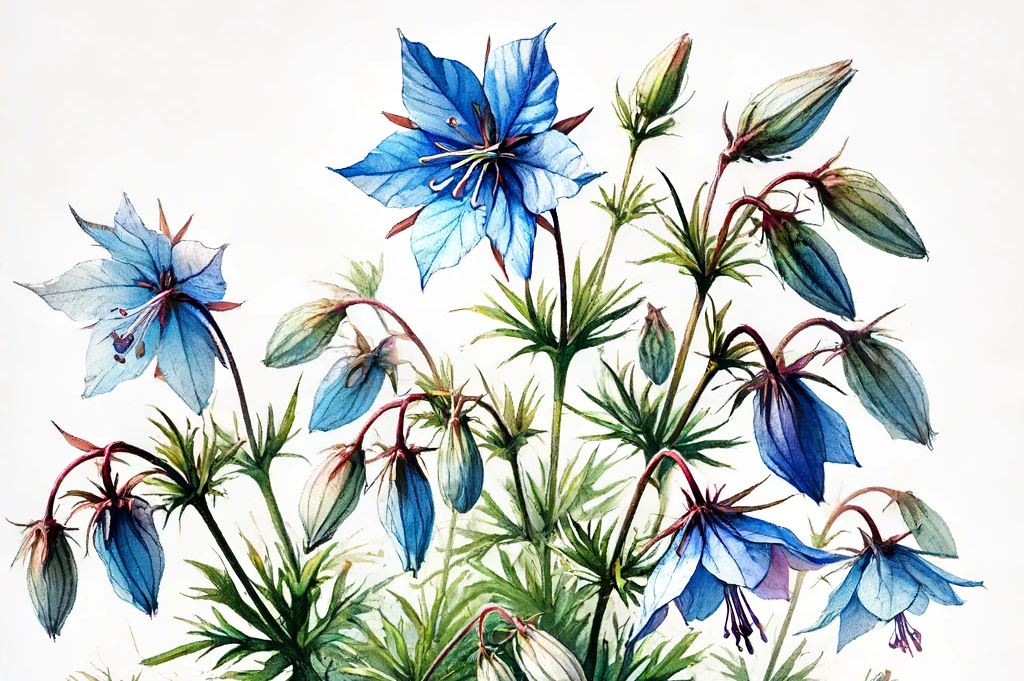Elf mirror

What is elf mirror?
The elfin mirror, also known by its botanical name Nemesia, is a plant species that is particularly appreciated for its colorful and attractive flowers. Originally native to South Africa, the fairy mirror has secured a permanent place in gardens and window boxes around the world thanks to its aesthetic appeal. But apart from its decorative use, the elf mirror also contains ingredients that are used in the traditional medicine of various cultures.
Advantages of the elfin mirror for dogs
Natural ingredients
The pixie mirror contains a variety of natural compounds that have potentially health-promoting properties. These include antioxidants that neutralize free radicals in the body and can therefore reduce the risk of various diseases.
Support for digestion
Some components of elven mirror can support digestion and contribute to the health of the gastrointestinal tract. By promoting healthy intestinal flora, elf mirror can help to alleviate digestive problems such as bloating or irregularity.
Anti-inflammatory properties
The phytochemicals contained in elf mirror may have anti-inflammatory effects, which can be particularly beneficial for dogs with chronic inflammatory conditions such as arthritis.
Disadvantages and risks
Toxicity
Although elf mirror offers many potential benefits, the possibility of toxicity must also be considered. Some parts of the plant can be toxic to dogs, especially if consumed in large quantities. Symptoms of poisoning can include nausea, vomiting, diarrhea and in severe cases even neurological disorders.
Allergic reactions
As with any new ingredient, there is a risk of allergic reactions with pixie mirrors. These can range from mild skin reactions to severe allergic shocks.
Lack of scientific research
Another drawback is the lack of comprehensive scientific research on the safety and efficacy of pixie spit in dog nutrition. Without sound scientific data, it is difficult to make accurate dosage recommendations or to assess the long-term effects on dogs' health.
Elfin Mirror is undoubtedly a fascinating ingredient that has the potential to positively influence certain aspects of health in dogs. Its natural ingredients can range from antioxidant to anti-inflammatory benefits. However, the potential risks and toxicity of some parts of the plant should not be underestimated. The decision to introduce elf mirror into your dog's diet should therefore not be taken lightly.
If you notice any signs of hypersensitivity or poisoning in your dog, you should see your vet immediately. We are not a substitute for a vet, but we try to be as accurate as possible. Every dog reacts differently and we recommend you get a second opinion or consult your vet if in doubt.
Stay healthy and take good care of your four-legged friend!😊
Similar to Elf mirror
Petunias are among the most popular flowers for summer beds, balcony boxes and hanging baskets. They originate from South America and belong to the nightshade family (Solanaceae), which also...
Verbena, also known as verbena, is a genus of plants that is native to various parts of the world and is prized for its healing properties. It has been used in folk medicine for centuries to treat a...
Lobelias belong to the Lobeliaceae family and include a variety of species, from annuals to perennials and even small shrubs. They are known for their vibrant flowers, which range in color from deep...
Ornamental baskets, also known as cosmos, belong to the Asteraceae family and are mainly native to Mexico. They are characterized by their delicate leaves and bright flowers in white, pink, red...



